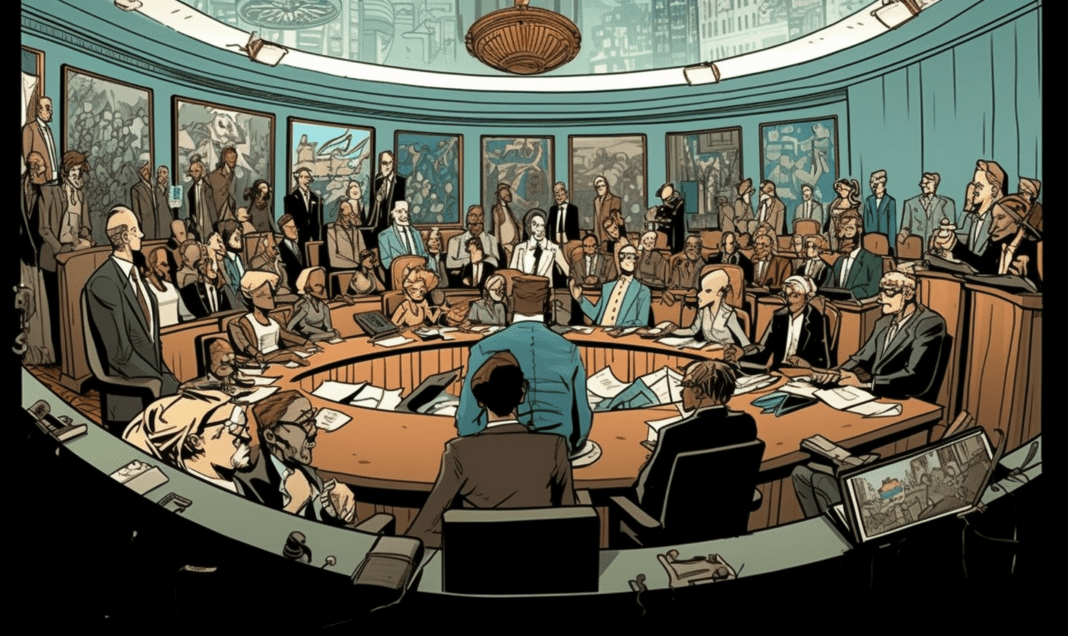On September 1, 2023, an Illinois federal court ruled in the matter of Federal Trade Commission v. Day Pacer LLC, et al. (N.D. Ill. Sept. 1, 2023) that Day Pacer (f/k/a EduTrek) and company executives violated the Telemarketing Sales Rule (TSR) by allegedly making millions of calls to telephone numbers on the National Do Not Call Registry. The court also ruled that they violated the TSR by providing “substantial assistance” to a third-party marketing partner while allegedly knowing that the marketing partner was calling telephone numbers on the DNC registry.
The FTC alleges that Day Pacer purchased consumer lead data from third-party website form fills, and in turn sold the leads to edu partners after providing consumer telephone numbers to third-party companies that were paid to make the calls and transfer them to Day Pacer’s call center. Allegedly numerous third-party websites contained job postings and appeared to job search related. The FTC further alleges that Day Pacer also contracted with offshore affiliates in India and the Philippines. If a consumer expressed interest in educational opportunities, Day Pacer allegedly sold the consumer information to institutional providers of for-profit, higher educational opportunities.
The FTC also alleges that the defendants made millions of telephone calls to numbers listed on the DNC Registry, failed to subscribe to the Registry, failed to scrub against numbers on the Registry, and received numerous complaints from consumers, website operators and lead purchasers.
The defendants argued that the Telemarketing Sales Rule is unconstitutional, that they did not offer to the alleged telephone call recipients any goods or services, and that the consumers that allegedly received telephone calls provided express consent to have their data transferred to the edu partners.
The court disagreed and granted partial summary judgment in favor of the FTC and against the lead generator companies making and purchasing calls, in addition to individuals – personally – that purportedly controlled and directed the activities (one of the owners passed away after the case was initiated and the FTC amended the complaint to name the decedent’s daughter as the administrator of the estate).
The court opined that the defendants violated the TSR more than 4 million times. It held, in pertinent part, that: (i) the enforcement lawsuit was authorized pursuant to the TSR and that the FTC was permitted to seek penalties for up to 5 years; (ii) the telephone calls were commercial in nature; (iii) use of VoIP is not exempt from being considered telemarketing; (iv) the defendants were unable to provide proof of express consent to make the telephone calls to numbers on the DNC Registry; (v) consumers entered their personal information seeking job opportunities and not edu related opportunities; (vi) the defendants violated the TSR by assisting and facilitating its third-party marketing partners to make commercial telephone calls to numbers listed on the DNC Registry; and (vii) the defendants did not stop working with marketing partners despite receiving complaints about non-consensual telephone calls being placed to consumers listed on the DNC Registry.
The FTC is seeking injunctive relief and $28 million dollars in monetary penalties. This case illustrates the importance of consulting with an FTC CID attorney prior to engaging in high-risk lead generation activities, including, but not limited to, telemarketing. The FTC alleges that Day Pacer and EduTrek’s gross revenue during the years they allegedly violated the TSR total $28M. Notably, that penalty amount is significantly less than then maximum statutory penalty for 4 million alleged TSR violations (in excess of $100 billion).
Takeaway: Federal Trade Commission staff attorneys have been aggressively enforcing the TSR lately and the Day Pacer matter is the latest in what appears to be an FTC legal regulatory CID investigation and enforcement sweep. The Telemarketing Sales Rule is intended to prohibit deceptive and abusive telemarketing activities. In part, the TSR prohibits outbound telephone calls to numbers on the DNC without lawful, express consent of the existence of an established business relationship. Importantly for lead generators and other digital marketers to know, the TSR also provides that it is illegal to provide “substantial assistance,” facilitation or support to sellers or telemarketers if one knows they are violating the TSR or remains deliberately ignorant of their actions. This case also contains an eye-opening discussion pertaining to the use of VoIP and the applicability of the TSR thereto. Individuals that direct, control, provide input, and know or reasonably should have known of unlawful conduct – including violations of the TSR – are potentially liable. Only use leads (and ensure that third-party purchasers are using leads) for legitimate, reasonably expected purposes. Cross-vertical data transfer and use is extremely dangerous. Always engage a competent and experienced telemarketing compliance counsel in order to minimize corporate and personal liability exposure.
Richard B. Newman is an FTC advertising practices and regualtory defense attorney at Hinch Newman LLP. Follow him on Twitter @ FTC compliance and defense attorney.
Informational purposes only. Not legal advice. May be considered attorney advertising.




